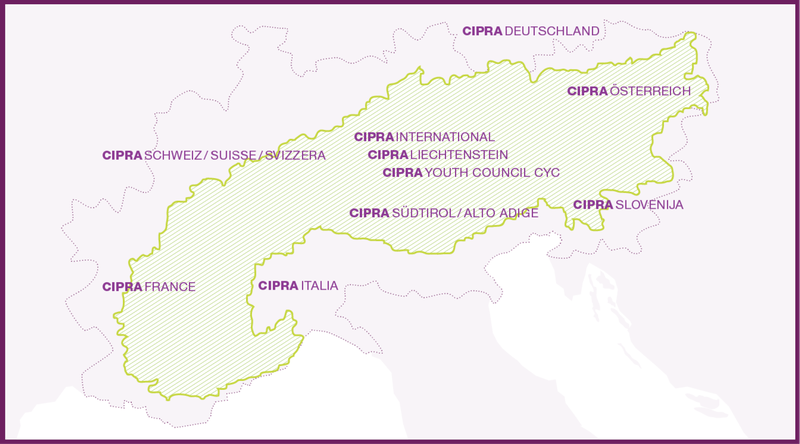Laura Haberfellner, CIPRA International Lab
Innovation to counter emigration
Emigration and the brain drain in the Alpine region: a new EU project involving CIPRA aims to counteract this trend. It is testing innovative governance models to strengthen mountain regions and create a win-win situation for regions of origin, destinations and young emigrants.
Who is CIPRA?
Find out more!
More articles
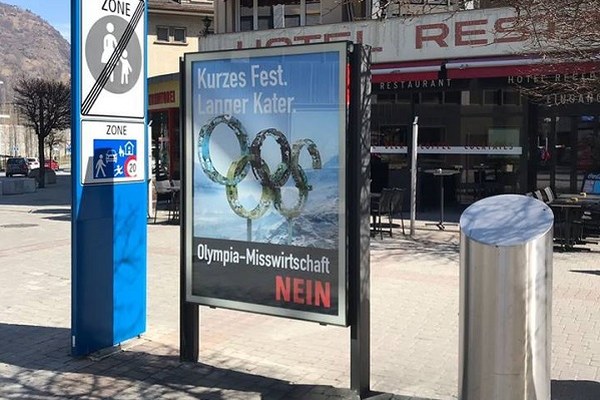
Then there were two...
After the rejection by the Swiss city of Sion, there remain just two candidates in the Alps for the 2026 Winter Olympics. But here too the final word has yet to be spoken. (Update: Two days after the publication of our newsletter, the city of Graz/A has also dropped out as a candidate for the 2026 Olympics. The Austrian Olympic Committee withdrew. This leaves only one Olympic candidature from the Alps.)
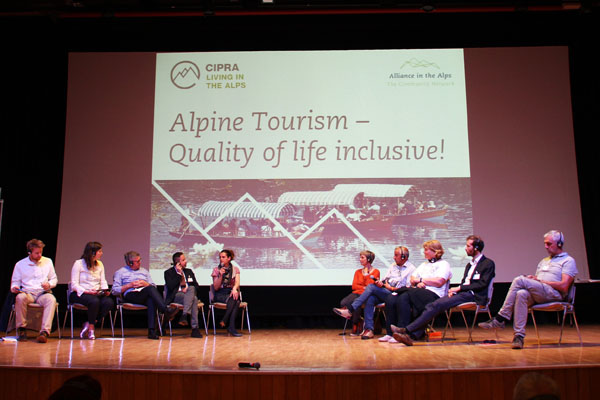
Tourism: two sides of the same coin
Caught between the difficulties of growth and the quest for sustainability, tourism has a polarising effect. At the end of May 2018 over 200 participants at a conference in Bled, Slovenia discussed how Alpine tourism and the quality of life can complement one another. The event was staged by CIPRA together with the “Alliance in the Alps”.

Point of view: The tourism dilemma
Travel threatens the very values upon which tourism in the Alps depends, creating a real dilemma. Sustainable mobility in tourism is not simply a competitive advantage, but a “must”, states Barbara Wülser, deputy director of CIPRA International.
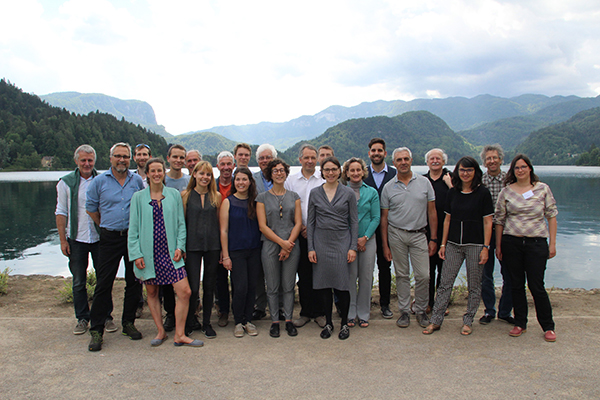
New strength for the Alps
In June 2018 Kaspar Schuler took over the leadership of CIPRA International, based in Schaan, Liechtenstein, with changes also made to the executive board.
Events
|
FutureForum Alps 2025 | SAL - Saal am Lindaplatz, Landstrasse 19, 9494 Schaan, Liechtenstein |
Projects
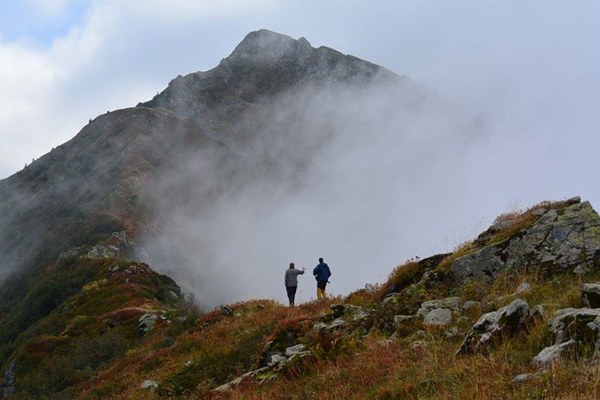
CIPRA International
Worthwild
[Project completed] Only minimally impacted by human intervention, areas with limited infrastructural development in the Alps provide European societies with a wide range of ecosystem services, such as the conservation of biodiversity and climate regulation.
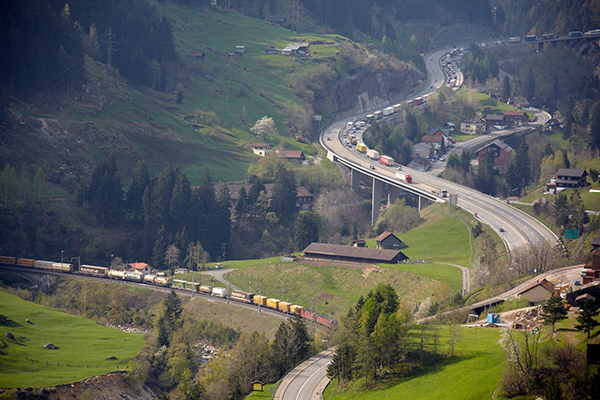
CIPRA International
AlpInnoCT
[Project completed] The Alps are a sensitive ecosystem that has to be protected from pollutant emissions and climate change. The alpine road freight transport has enormous ecological and sociocultural effects on the alpine habitat. Most actors such as forwarders, port operators, administrations and consumers, are aware of these negative effects and they are working on their own technical or regulatory solutions. However, a constructive and participatory dialogue between all involved actors, in order to promote sustainable freight transport within the Alps, has not been established so far.
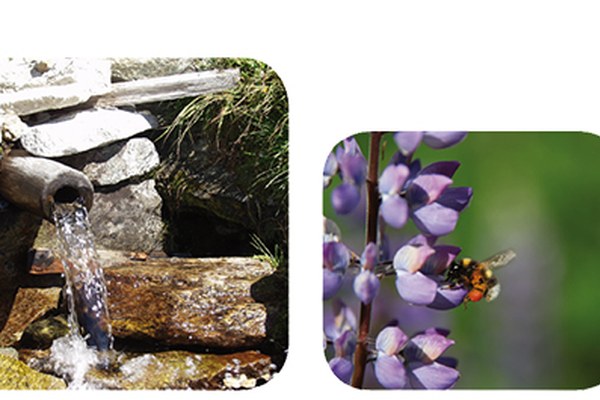
CIPRA International
AlpES
[Project completed] Ecosystems and their services go beyond national borders and need a transnational approach for their dynamic protection, sustainable use, management and risk prevention. As a basis for joint action, public authorities, policy makers, NGOs, researchers and economic actors – the AlpES target groups – need a common understanding of ecosystem services, comparable information on their status and support in using appropriate tools for integrating them in their fields of work.

